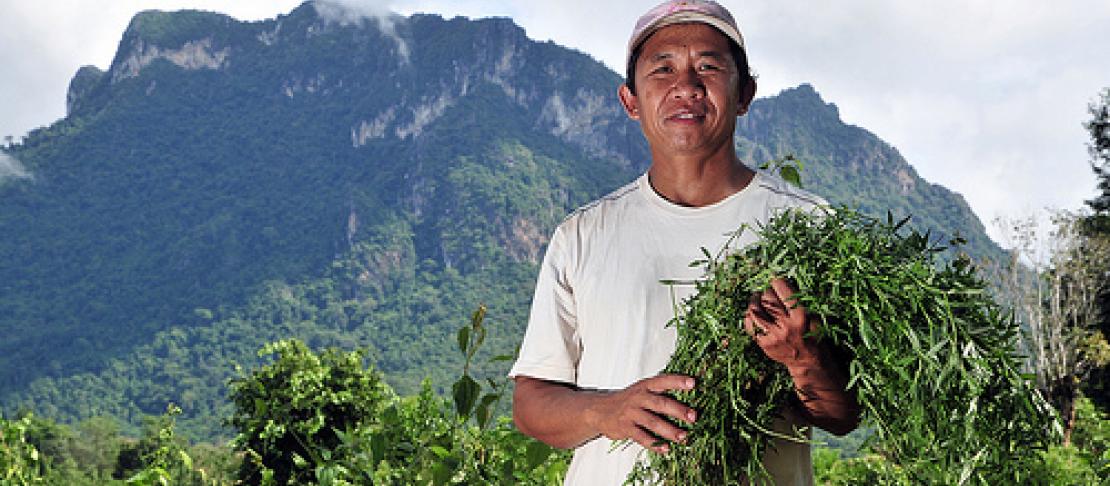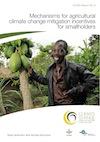Small farmers can slow greenhouse gas emissions, with the right incentives

Even though smallholders have important roles to play in preventing greenhouse gas emissions and implementing adaptation strategies, international climate finance mechanisms under the UNFCCC have so far been largely inaccessible to smallholder groups. A new report by Tanja Havemann and Veruska Muccione asks how we can ensure that smallholders receive the incentives they need to achieve mitigation.
 The report examines the finance and risk-related obstacles that hinder smallholders from participating in carbon finance mechanisms and suggests a framework for prioritizing and aggregating smallholders to achieve mitigation at scale. The author submits that smallholders can play a significant role in the mitigation of climate change, supporting this by:
The report examines the finance and risk-related obstacles that hinder smallholders from participating in carbon finance mechanisms and suggests a framework for prioritizing and aggregating smallholders to achieve mitigation at scale. The author submits that smallholders can play a significant role in the mitigation of climate change, supporting this by:
- Defining smallholders in a global context, and detailing their importance to climate change mitigation and adaptation, particularly as aggregated groups managing large areas of land. While reminding the reader of current carbon finance schemes, the author asserts that the issue of scale is important to achieve meaningful results and suggests that incentives linked to terrestrial mitigation can have significant social and economic benefits.
- Identifying eight potential sources of funding for smallholder activities and examining risks that smallholders face on a daily basis, compounded by climate change. The author claims that risk management strategies can reduce the incidence and severity of adverse events and may be an important co-benefit when smallholders participate in climate mitigation programmes.
- Comparing smallholder versus carbon financier require- ments and providing a general framework for developing approaches for large-scale mitigation activities that include smallholders.
- Recommending suitable action to various stakeholders including governments, private investors, donors and policy-makers.
Download: CCAFS Report 6. Mechanisms for agricultural climate change mitigation incentives for smallholders (PDF) by Tanja Havemann and Veruska Muccione


